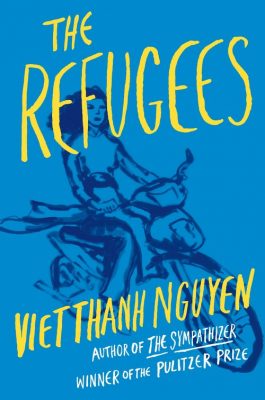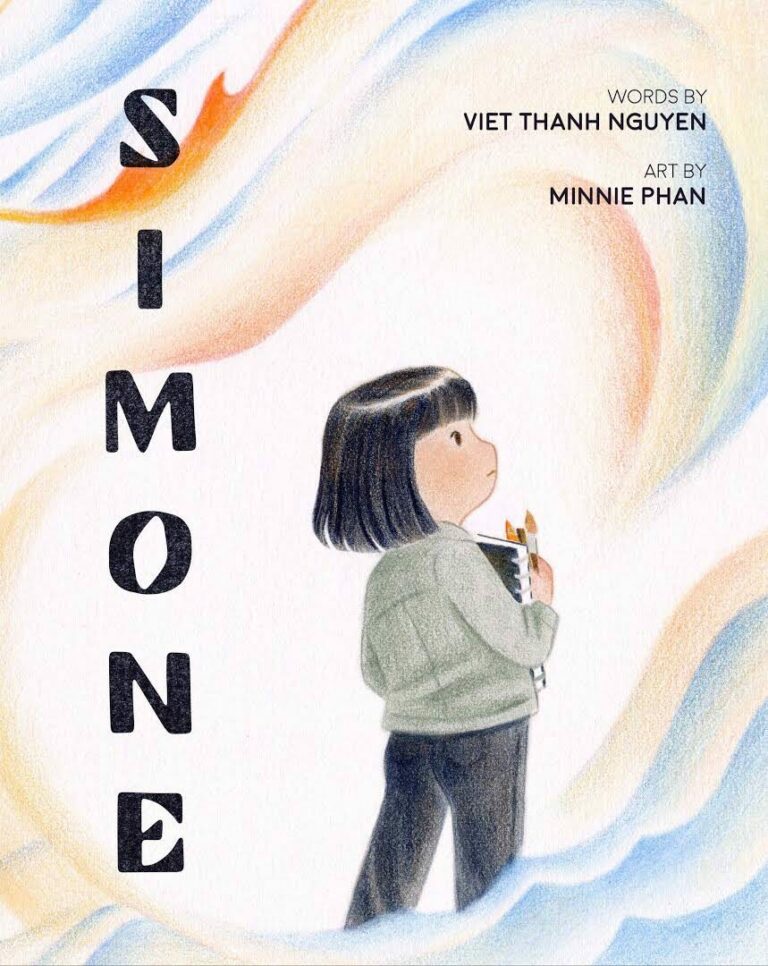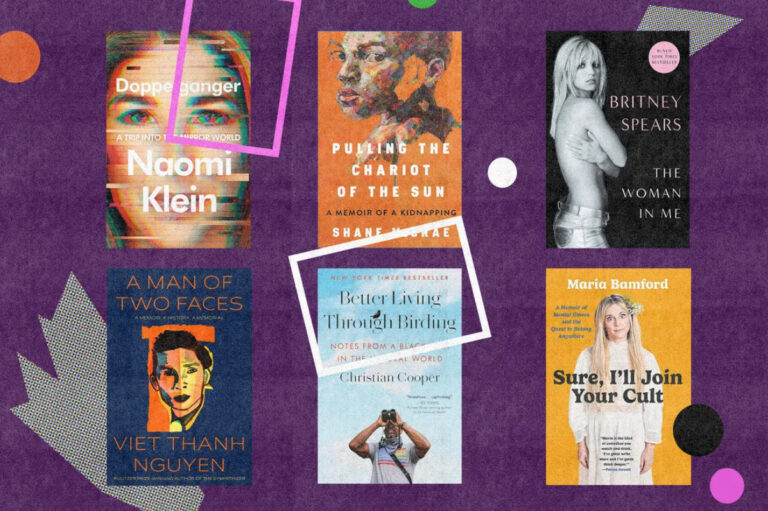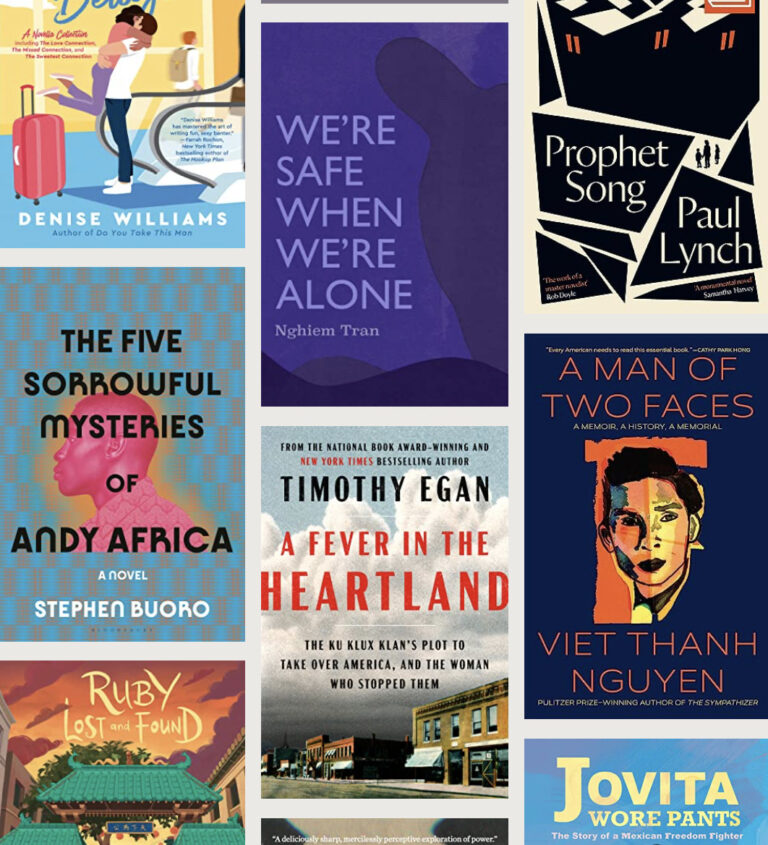Daily Arts Writer Samantha Lu reviews ‘The Refugees’. Originally published in Michigan Daily.

It takes a certain type of genius to write endings the way Viet Thanh Nguyen does: with candor, poetic grace and a haunting emotional spark that sticks. In his newest collection of short stories, “The Refugees,” Nguyen’s endings don’t merely slap on some haphazard finishing touches; they ripen each story’s content, leaving them to bloom and tickle the mind even after the book has finished.
“Black-Eyed Women,” the first story of the book, is a satisfying, immersive introduction to Nguyen’s style. It follows a Vietnamese ghostwriter who lives with her aging mother; the two women are visited by the ghost of the writer’s brother, who died years earlier when the family was fleeing the war. Nguyen is intimately masterful in the way he describes the awkward first meeting between the sister, now a middle-aged spinster, and her brother’s waterlogged spirit, who swam for years to get to America. As the details of her brother’s death and the circumstances of that day are revealed, the suspenseful buildup to the story’s broiling emotional climax is heart-stoppingly memorable, at times difficult to read and persistently hard-hitting.
The stories in “The Refugees” have several common themes — family, alienation, independence and personal growth — but the book never feels repetitive. This is due in part to the drastically different main characters and situations that live in each story world, from a woman whose ailing husband mistakes her for a former lover to a young man with a host family comprised of a gay couple adjusting to life in America. Many of the stories also involve strained relationships between parents and children. Sometimes the problem is due to a generational conflict, and other times it’s more influenced by culture, but the pain and anger depicted is immediately understood by anyone who has ever argued with their parents (or their children!).
Most characters in the book are either related to an immigrant or an immigrant themselves. “The Refugees” implores readers to remember that, in the end, refugees are people. Nguyen delicately balances relatable, fundamentally human conflicts with cultural identity issues that not everyone may have personal experience with.
“The Refugees” is almost disarmingly realistic in its candid depictions of imperfect lives; it’s easy to forget that the stories are fiction and read them as a collection of memoirs. “Fatherland” recounts 23 year old Phuong’s excitement when Vivien, her stepsister from her father’s first marriage comes to visit Saigon; the first contact the two have ever had. Because she grew up in Chicago, Vivien is glamorous, wealthy, and successful, everything Phuong wants to become. But when Phuong finds out that Vivien’s “perfect” life is actually a facade, she’s left to deal with the rubble of her broken expectations, a process that reveals her inner strength to herself and the reader.
Nguyen reminds us that regardless of where we are from, human beings react to conflict in the same ways. When faced with those who are unlike us, it’s important not to close off, as Carver learns when he struggles to reconcile with his daughter in “The Americans,” and not to judge too quickly, as Phuong realizes in “Fatherland.” The best we can do is to keep an empathetic, open mind.


